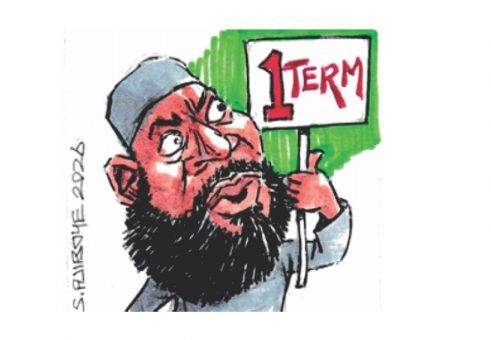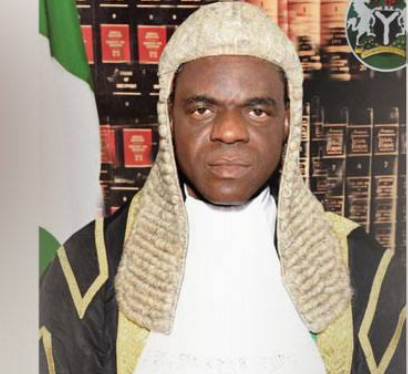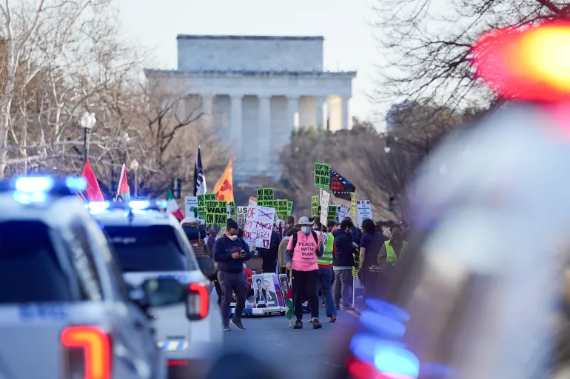By Marindoti Oludare
The recent Supreme Court judgment on local government autonomy, driven by the presidency’s efforts to find a judicial solution to a deeply political problem, is a sad and dispensable development that leaves all sides of the divide covered in shame.
The presidency made a righteous move with odious repercussions, as the Supreme Court, a court of policy interpretation, tried to impeach the constitution in an attempt to curtail the powers of bullish governors who usurp the powers of local governments, preventing resources for their development from reaching them.
While this righteous attempt seemed laudable on the surface, it is appalling at its core. No one won, everyone lost, which is why I describe it a No Victor, Whole Vanquish.
For the federal government, which already holds too much power, this move represents a failure to devolve more power to the states. Instead, it chose to meddle in the affairs of the states.
President Tinubu’s administration has found a judicial means of achieving what Governor Tinubu suffered under President Obasanjo: withholding money meant to be shared between the states and local governments if local government chairmen are not elected.
By asking for direct payments, the federal government chose the route of constitutional amendments via the judiciary. The Nigerian Constitution, in section 162(6), specifically mandates the creation of a “State Joint Local Government Account.”
Section 7 states that the proportion paid to local government councils shall be as prescribed by the National Assembly, while section 8 specifies that each council within a state shall receive the proportion prescribed by the state house of assembly.
By directing direct payment to each of the 774 local governments in Nigeria, the Supreme Court is asking the federal government to liaise with each state house of assembly for how they wish to distribute monies, then distribute it to each local government directly.
The Supreme Court has usurped the powers of the legislative arm of government by issuing a fiat for the monies accruing to local governments to be paid directly to them.
While the Supreme Court has rightly ruled on several occasions that the dissolution of local government councils and the formation of caretaker committees are unconstitutional, it acted in an unconstitutional manner by granting direct funding to local governments.
Section 7 of the constitution guarantees a system of local government by democratically elected local government councils but does not stipulate the manner in which these councils should be constituted.
The constitution does not specify their rules of engagement, duration of term, electoral requirements, number of members, their roles, or the head of the local government council. Additionally, states in Nigeria do not have their own constitutions to define these processes. This means that state governors can conduct local government elections at any interval they choose—daily, monthly, weekly, or even every decade.
A wise, unbiased Supreme Court would have identified these lapses and pushed the issue back to the legislative body to make necessary adjustments. Instead, it decided to act as a seven-man legislative arm of government.
State governors have long been involved in the shenanigans of misappropriating local government funds, making development and government presence in these regions impalpable, which is unpalatable.
State governors also suffer from the overbearing power and resource control of the federal government, which hampers state development and investment in essential areas like security, education, healthcare, and infrastructure. State governments have in turn transferred this to their local governments in an alarming fashion.
The only solution to this problem is not a judicial one but a political one: constitutional amendments. As governor, President Tinubu fought hard for this but has stated he is not in a hurry to achieve this structural adjustment as president.
President Tinubu must recognise that his political fortune and the success of his administration are inextricably linked to this constitutional adjustment. Without it, his goals of ensuring security of life and property, economic growth, improved education, food security, and rural development will remain illusory, a disappearing mirage.
The constitution should be amended to clearly state and identify local governments’ functions, derived from state law. Local governments manage local affairs like zoning, law enforcement, and municipal services.
It should also clearly outline their mode of election and legal framework. Governors should be prohibited from spending money allocated to local councils; however, these monies must be accrued in the joint state-local account until such candidates are elected and the budget awarded by state house of assembly. Sadly the Supreme Court faltered on this.
Dr. Oludare is Director, Contact and Engagement for Lucky Aiyedatiwa Campaign Organisation. He writes from Texas, United States.














